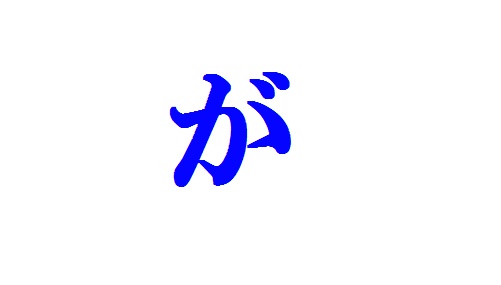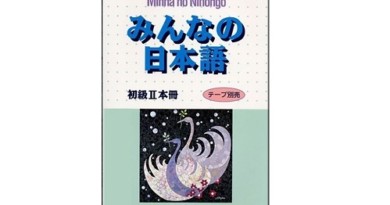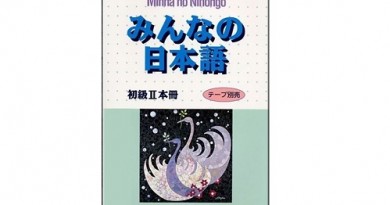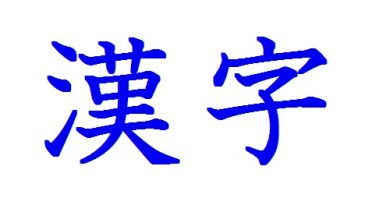Using the auxiliary verb が in Japanese
Using the auxiliary verb が in Japanese. In Japanese, there are many auxiliary verbs that are used frequently such as: を、が、は、も… These words are commonly used in daily conversations.
In this article, LearnJapanesedaily will introduce to you ways of using the auxiliary verbs が in Japanese.
Contents
- 1
- 1.1 Using the auxiliary verb が :
- 1.1.1 1. Used to mention a new topic
- 1.1.2 2. Used to show the existence
- 1.1.3 3. Used to organize characteristics, contents of two objects.
- 1.1.4 4. Used when 2 phrases or clauses in a sentence have contradictory meanings.
- 1.1.5 5. Used in a sentence when the subject is yet undetermined.
- 1.1.6 6. Used when the verb in the sentence is an intransitive verb.
- 1.1.7 7. Used when choosing from 2 objects or things.
- 1.1.8 8. Used in case the subject has:
- 1.1.9 9. Used with sense verbs.
- 1.1.10 10. Used at the end of the sentence when the speaker wants to speak in a light tone or wants to wrap things up.
- 1.1.11 11. Used to show your expectation (with が at the end of the sentence).
- 1.1.12 12. Used to start a story.
- 1.1.13 13. Used as a habit.
- 1.1 Using the auxiliary verb が :
Using the auxiliary verb が :
1. Used to mention a new topic
来週中間テストがあります。
らいしゅうちゅうかんテストがあります。
→ We are having a mid-term exam next week.
2. Used to show the existence
私の家のそばに池がある。
わたしのいえのそばにいけがある。
→ There is a pond besides my house.
3. Used to organize characteristics, contents of two objects.
性格もいいが、きれいな女です。
せいかくもいいが、きれいなおんなです。
→ Not only does she has a great personality, she is pretty too.
4. Used when 2 phrases or clauses in a sentence have contradictory meanings.
日本語は難しいですが、とても面白いです。
にほんごはむずかしいですが、とてもおもしろいです。
→ Japanese is hard but very interesting.
5. Used in a sentence when the subject is yet undetermined.
スポーツの中で何が一番好きですか。
スポーツのなかでなにがいちばんすきですか。
→ Which sport do you like the most?
6. Used when the verb in the sentence is an intransitive verb.
ある女性雑誌に目が留まった。
あるじょせいざっしにめがとまった。
→ I had my eyes on a woman magazine.
7. Used when choosing from 2 objects or things.
日本は韓国とはどちらが行きたいんですか。
にほんはかんこくとはどちらがいきたいんですか。
→ Which country do you prefer to travel between Japan and Korea?
8. Used in case the subject has:
Expectations:
週末映画館へ行きたい。
しゅうまつえいがかんへいきたい。
→ I want to go to the theater this weekend.
Abilitys:
彼は日本語と英語ができる。
かれはにほんごとえいごができる。
→ He can speak both Japanese and English.
Capabilities:
その子は外国語でよく歌えて、踊ることも上手です。
そのこはがいこくごでよくうたえて、おどることもじょうずです。
→ That boy sings very well in a foreign languague and dances very well too.
9. Used with sense verbs.
となりの部屋から赤ちゃんの泣き声が聞こえた。
となりのへやからあかちゃんのなきごえがきこえた。
→ I heard a child crying from the next room.
10. Used at the end of the sentence when the speaker wants to speak in a light tone or wants to wrap things up.
すみません、ちょっとお願いがあるんですが、
すみません、ちょっとおねがいがあるんですが、
→ Excuse me, can you do me a favor?
11. Used to show your expectation (with が at the end of the sentence).
もう一度彼と付き合いが、
もういちどかれとつきあいが、
→ If only I could see him again…
12. Used to start a story.
私の部屋なんですが、大きい空き箱がある。
わたしのへやなんですが、おおきいあきばこがある。
→ It’s about my room, it has a huge empty box.
13. Used as a habit.
あいつらの命はどうなっているが、私には関係ないだろう。
あいつらのいのちはどうなっているが、わたしにはかんけいないだろう。
→ How their lives will turn out has nothing to do with me.
Above are ways of using the auxiliary verbs から and が in Japanese , Checkout other articles in this series: Auxiliary verbs in Japanese
Good luck on your journey of learning Japanese!


